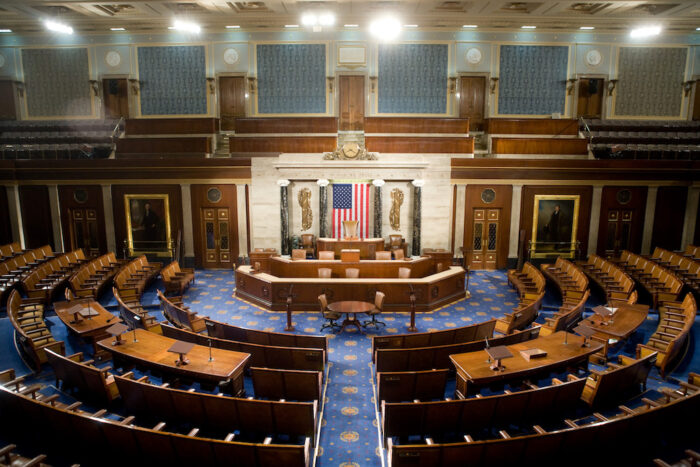Md. universities receive more than $2.5 million through federal grant to train, hire mental health support

The Biden administration will distribute more than $2.5 million to four Maryland universities to train and hire new mental health service personnel in an effort to combat a “mental health crisis in our schools,” according to a press release Monday.
As part of President Joe Biden’s effort to improve mental health services through the Bipartisan Safer Communities Act, the U.S. Department of Education announced nearly $100 million to be distributed out to 36 states to fund the training and hiring of mental health professionals across the country.
For Maryland, that’s a total of $2,570,976 to four universities in this round of funds. The University of Maryland Baltimore will receive $825,567, Johns Hopkins University will receive $693,004, Bowie State University will receive $674,464 and Loyola University Maryland will receive $377,941.
Paired with other federal grants and other funding sources, the federal program is expected to help Maryland universities train and place more than 500 diverse, certified mental health providers in schools with the most need, according to the press release.
In February, the U.S. Department of Education announced that two Maryland school districts also received funds to hire additional mental health support for school-aged children: the Prince George’s County Board of Education ($403,449) and Anne Arundel County Public Schools ($249,824).
The Bipartisan Safer Community Act is an effort to improve the nation’s mental health infrastructure. States were notified to apply for the grants back in October 2022.
The Bipartisan Safer Communities Act is intended to be a five-year investment to improve access to mental health services for young people and students, especially following three years of the COVID-19 pandemic and subsequent mental health toll due to the global health crisis.
Medical organizations such as the American Psychological Association worry that the COVID-19 pandemic has exacerbated a rising mental health crisis among the nation’s youth.
“In addition to the social isolation and academic disruption nearly all children and teens faced, many also lost caregivers to COVID-19, had a parent lose their job, or were victims of physical or emotional abuse at home,” the American Psychological Association wrote in January. “All these difficulties, on top of growing concerns about social media, mass violence, natural disasters, climate change, and political polarization — not to mention the normal ups and downs of childhood and adolescence — can feel insurmountable for those who work with kids.”
According to the 2022 Youth Risk Behavior Survey from the Centers for Disease Control and Prevention, the percentage of high school students who “seriously considered attempting suicide” increased during the pandemic, from 19% in 2019 to 22% in 2021. The report comes out every two years and surveys high schoolers from across the United States.
Actual attempts of suicide also increased in that time span, from 9% to 10%, according to the 2022 report.
Overall, the percentage of high school students who experienced persistent feelings of sadness or hopelessness from 37% in 2019 to 42% in 2021.
Meanwhile, Maryland Gov. Wes Moore (D) recently signed several bills backed by a bipartisan group of lawmakers aiming to improve the state’s mental health care programs.




 Creative Commons Attribution
Creative Commons Attribution